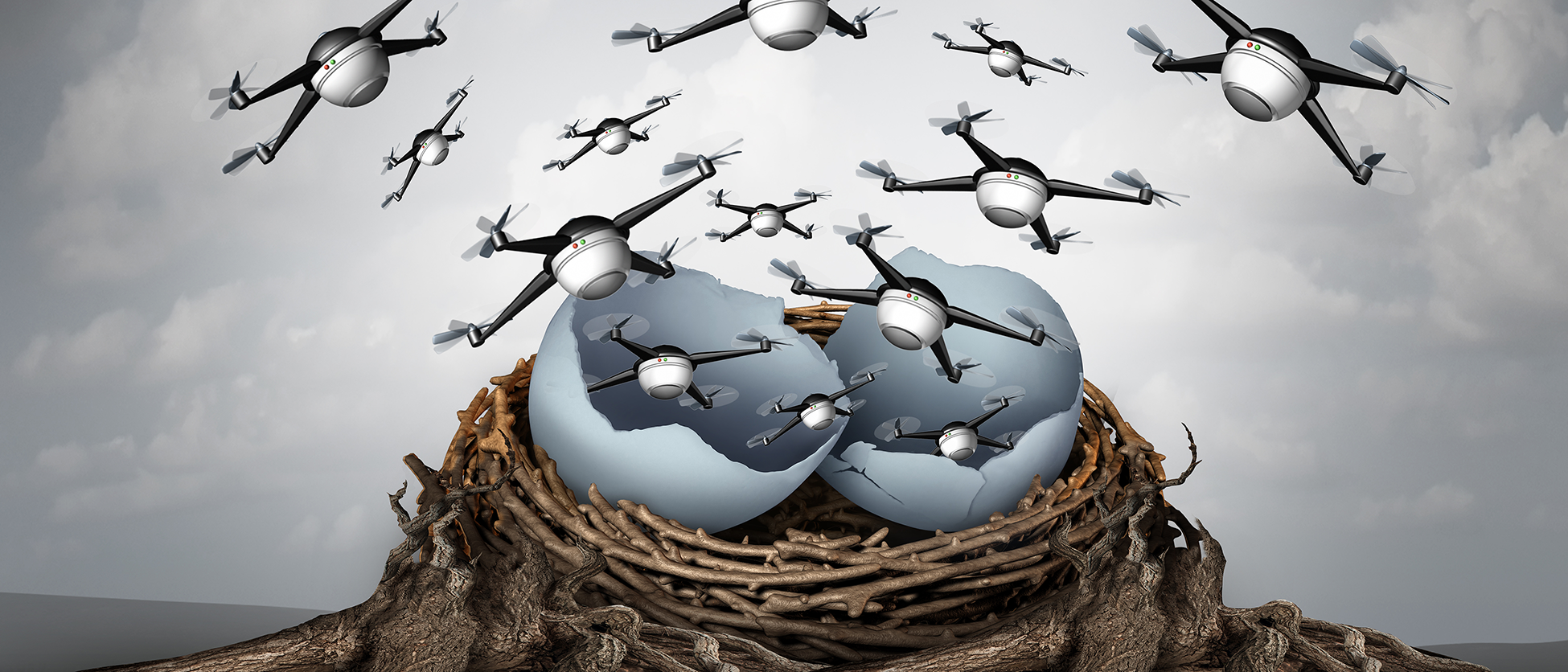Events
Ina Blom will give a lecture about La Monte Young’s groundbreaking Composition 1960 #10 (Draw A Straight Line And Follow It), and the various permutations it engendered, across media and contexts, as a turning point in the longer history of straight lines in modern art and their relation to wider infrastructural conditions and changes.
February 24, 2021, 9.00-10.00 AM (Central European Time)
Due to Covid-19, the lecture will be on Zoom. Zoom link will be sent upon registration.
Register with Dominique Routhier: dominique@sdu.dk
See invitation (pdf)
Workshop with Ole B. Jensen and Paul Cureton, who discuss the use of drones in urban planning. This workshop is a public event and will be held on zoom.
February 26, 2021 14:00-16:00 (Central European Time) on Zoom
See invitation (pdf)
Workshop on March 12, 2021 (11-13 Central European Time). Workshop is on Zoom. More info about registration and event will follow.
Joanna Zylinska (New Media and Communications, Goldsmiths University)
Max Liljefors (Art History and Visual Studies, Lund University)
Geocinema (artists Asia Bazdyrieva & Solveig Suess, Making of Earths)
See invitation (pdf)
Center for Technology and Culture Opening and Lecture
Friday, Nov 6, 2020 15:00-17:00 Virtual Event (zoom link will be sent out)
Please register latest Thursday, November 5 at 12:00 to Line Gren: lineg@sdu.dk
Program:
15:00-15:30
Welcome and Intro
Kathrin Maurer, Prof MSO for Humanities and Technology, Department for the Study of Culture
Stig Børsen Hansen, Associated Professor, Institute for Design and Communications
15:30-17:00
Lecture On the Misunderstandings of AI
Mercedes Bunz, Deputy Head of the Department of Digital Humanities and Senior Lecturer in Digital Society at King's College London
A wide range of different AI systems based on the promising technology of machine learning are rapidly being integrated into everyday life, variously supplanting and delivering institutional decisions. The emerging ubiquity of these systems alternately provokes consternation and enthusiastic acceptance. Taking inspiration from French technology theorist Gilbert Simondon, this lecture considers the boundaries between the meaning-making capacities of technical objects, such as AI systems, and aesthetic objects. It asks what it means that AI systems are ‘integrated’ into the world, and whether this integration could be understood differently. Might existing responses to integration be based on a misunderstanding?
Mercedes Bunz (Digital Humanities, King’s College, London)
Dr Mercedes Bunz is Deputy Head of the Department of Digital Humanities and Senior Lecturer in Digital Society at King's College London. She studied Philosophy, Art History and Media Studies at the FU Berlin and the Bauhaus University Weimar and wrote her thesis on the history of the internet driven by a deep curiosity about digital technology. Until today, she has not been disappointed by the transforming field that is digital technology, which provides her reliably with new aspects to think constantly about. At the moment, that is Artificial Intelligence and ‘machine learning’. As part of this, Mercedes Bunz is heading a research project into ‘Creative AI’ with an AHRC grant and co-leads the Creative AI Lab, a collaboration with the Serpentine Gallery, London. Her last publication is ‘The Internet of Things’ with Graham Meikle and ‘The calculation of meaning: on the misunderstanding of new artificial intelligence as culture’ published in the journal Culture, Theory and Critique.

Book Launch: Philosophers of Technology
In December (precise date and location tba), the Center for Culture and Technology will host a book symposium on the newly published Philosophers of Technology (Berlin: Walter de Gruyter, 2020).
Written by Stig Børsen Hansen, the book offers a thorough survey of how the work of historical figures in philosophy has left clear traces in more recent developments in the philosophy of technology. The symposium will consist of Danish philosophers, specialized in the thinkers treated in the book. The symposium will be of interest to not just philosophers, but also those working in different branches of design and engineering.
https://www.degruyter.com/view/title/541860

Thinking with the Drone: Visual Lessons in Aerial and Volumetric Thinking
Professor Ole B. Jensen, Center for Mobilities and Urban Studies (C-MUS), Aalborg University, Denmark,
Feb 26, 2021 14:00-16:00 (Meeting takes place at SDU, room tba)
This talk set out to do three things: First, it proposes that a given technology (here drones) may prompt scholarly reflections around key ontological dimensions of the world. The advent of drones thus invite urban theorist to ‘think with the drone’ and reflect upon if our primarily two-dimensional conceptualization of cities and spaces need revision. Answering this in the affirmative leads to a need for so-called ‘volumetric thinking’ as the second task of the paper. The emergence of drones necessitates us to comprehend the ‘space between the buildings’ and the vertical dimension as key dimension of urban space (which for many still are confined to a simple two dimensional ‘flat world’ view). This touches upon the third ambition of the paper. By adding a new ‘point of view’ in a literal sense drones also prompt us to think about aerial visions of the city. How can volumetric thinking be coupled with the new aerial vision in such a way that it enhances our critical understanding of the spatial conditions of cities? The position of this paper is that we need the volumetric ‘corrective’ not just to counter old habits of ‘flat cartographies’, but also to prevent the new aerial views opened up by drone technologies to simply become an extension of the ‘old two-dimensional view’.

Ole B. Jensen is Professor of Urban Theory at the Department of Architecture, Design and Media Technology, Aalborg University (Denmark). He is deputy director and co-founder of the Centre for Mobilities and Urban Studies (C-MUS). He is the author of Staging Mobilities, Routledge, 2013, and Designing Mobilities, 2014, Aalborg University Press, the Editor of the four-volume collection Mobilities, Routledge, 2015, and author (with Ditte Bendix Lanng) of Mobilities Design. Urban Designs for Mobile Situations, 2017, Routledge, co-editor of the Routledge Handbook of Urban Mobilities, 2020 (with Claus Lassen, Ida S.G. Larsen, Malene Freudendal-Pedersen and Vincent Kaufman). In relation to drones he has published: Jensen, O. B. (in press) Thinking with the Drone – Visual Lessons in Aerial and Volumetric Thinking, Visual Studies, Jensen, O.B. (2016) New ‘Foucaultdian Boomerangs’: Drones and Urban Surveillance. Surveillance & Society 14(1): 20-33, Jensen, O. B. (2016) Drone City – power, design and aerial mobility in the age of the ‘smart city’, Geographica Helvetica+, vol. 71, no. 2, pp. 67-75, doi:10.5194/gh-71-67-2016.
